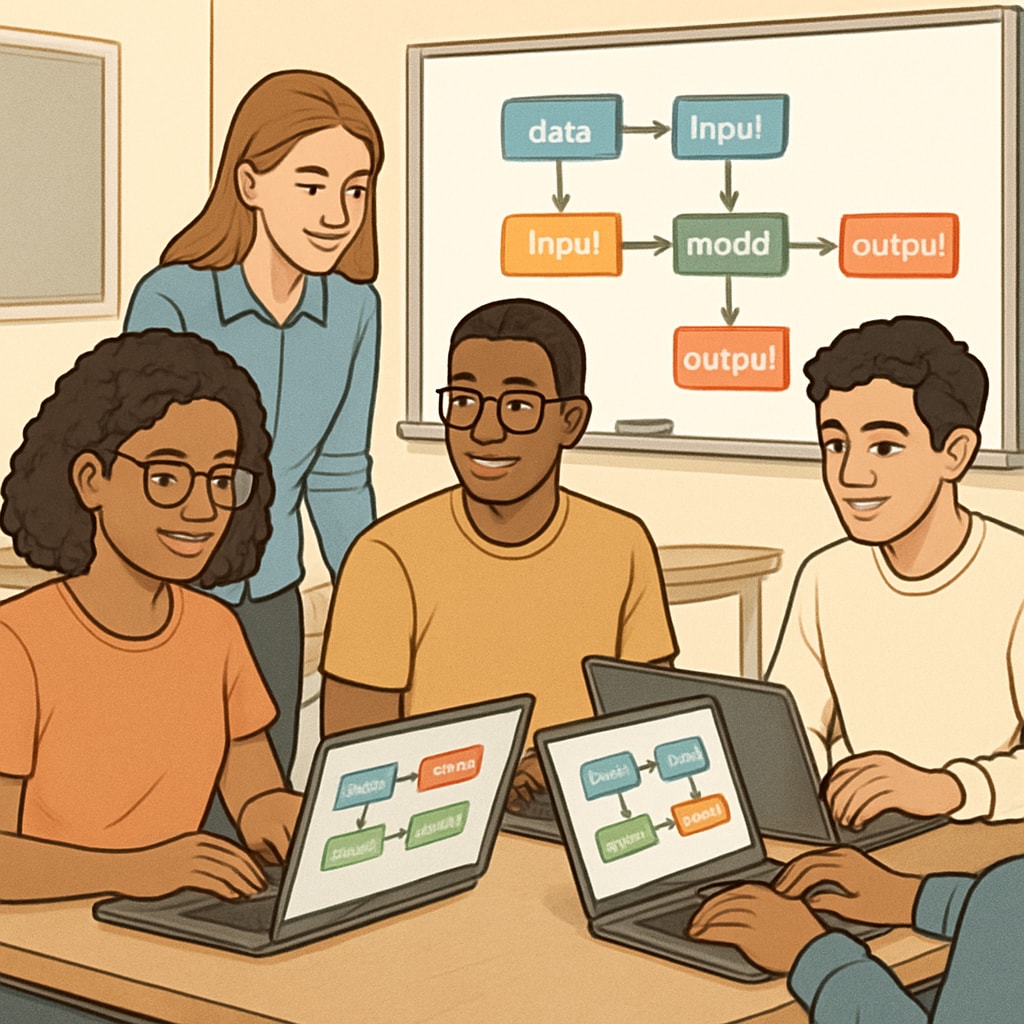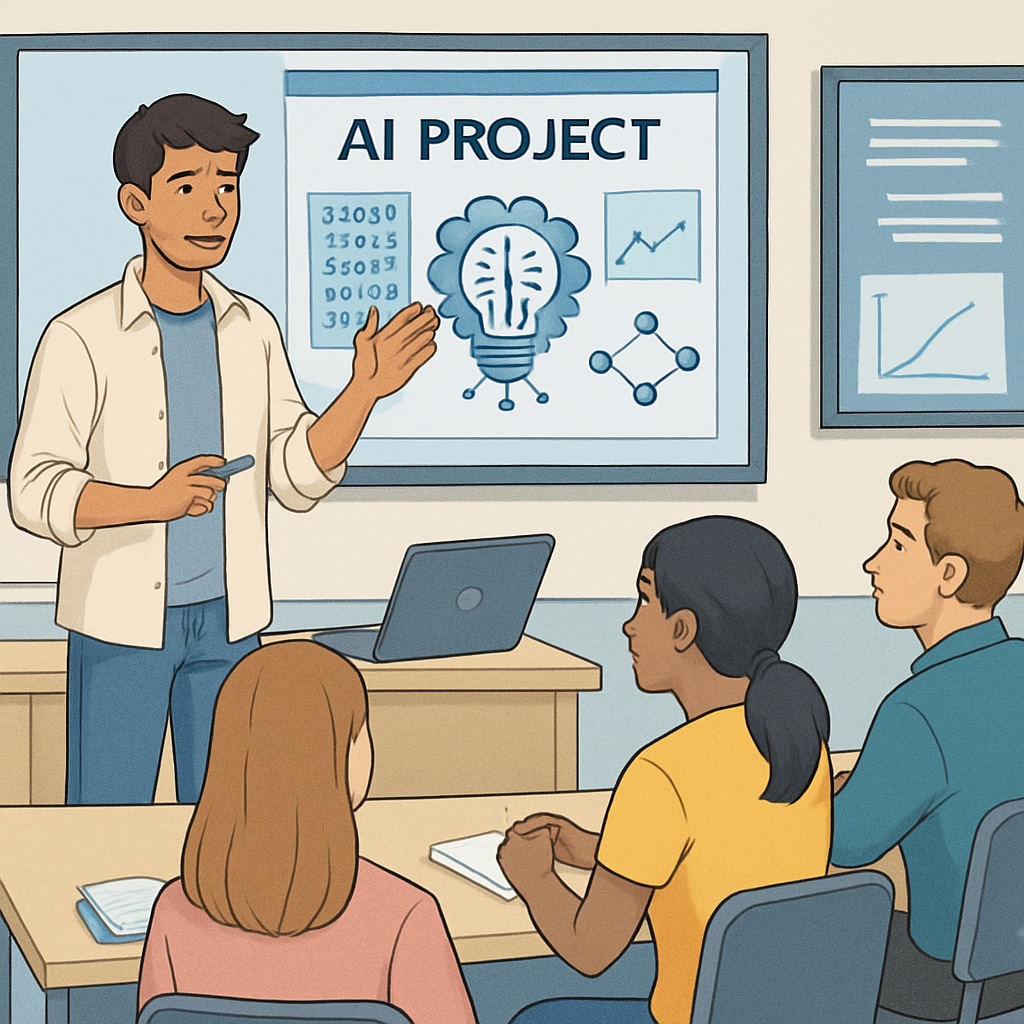Artificial intelligence courses, interactive projects, and undergraduate teaching require careful design to balance foundational knowledge with hands-on experience. For second-year students with limited programming background, project-based learning serves as an ideal bridge between theory and application. According to research from ScienceDirect, interactive learning methods improve knowledge retention by 25-60% compared to traditional lectures.
Core Principles for Effective AI Project Design
When developing artificial intelligence learning experiences, educators should prioritize three key aspects:
- Accessibility: Projects should use intuitive tools like Scratch for AI or beginner-friendly Python libraries
- Relevance: Connect concepts to real-world applications students encounter daily
- Progressive difficulty: Structure projects in tiers with increasing complexity

Implementation Framework for Undergraduate AI Projects
The Massachusetts Institute of Technology’s Media Lab suggests a four-phase approach:
- Conceptualization: Introduce core AI principles through visual demonstrations
- Prototyping: Build simple models using drag-and-drop interfaces
- Refinement: Gradually introduce coding elements with extensive scaffolding
- Application: Challenge students to solve authentic problems
For example, a computer vision project might begin with image classification using pre-trained models before advancing to custom model training. This scaffolding allows students to experience success early while building toward more sophisticated work.
Assessment Strategies for Interactive Learning
Effective evaluation in machine learning education should measure both technical competence and creative problem-solving. Consider these assessment methods:
- Project portfolios demonstrating iterative improvements
- Peer reviews of model effectiveness
- Documentation of the design process
- Final presentations explaining technical choices

As institutions expand their artificial intelligence curriculum, these interactive approaches help maintain student motivation while delivering substantive learning outcomes. The key lies in designing projects that feel immediately rewarding yet open pathways for deeper exploration.


